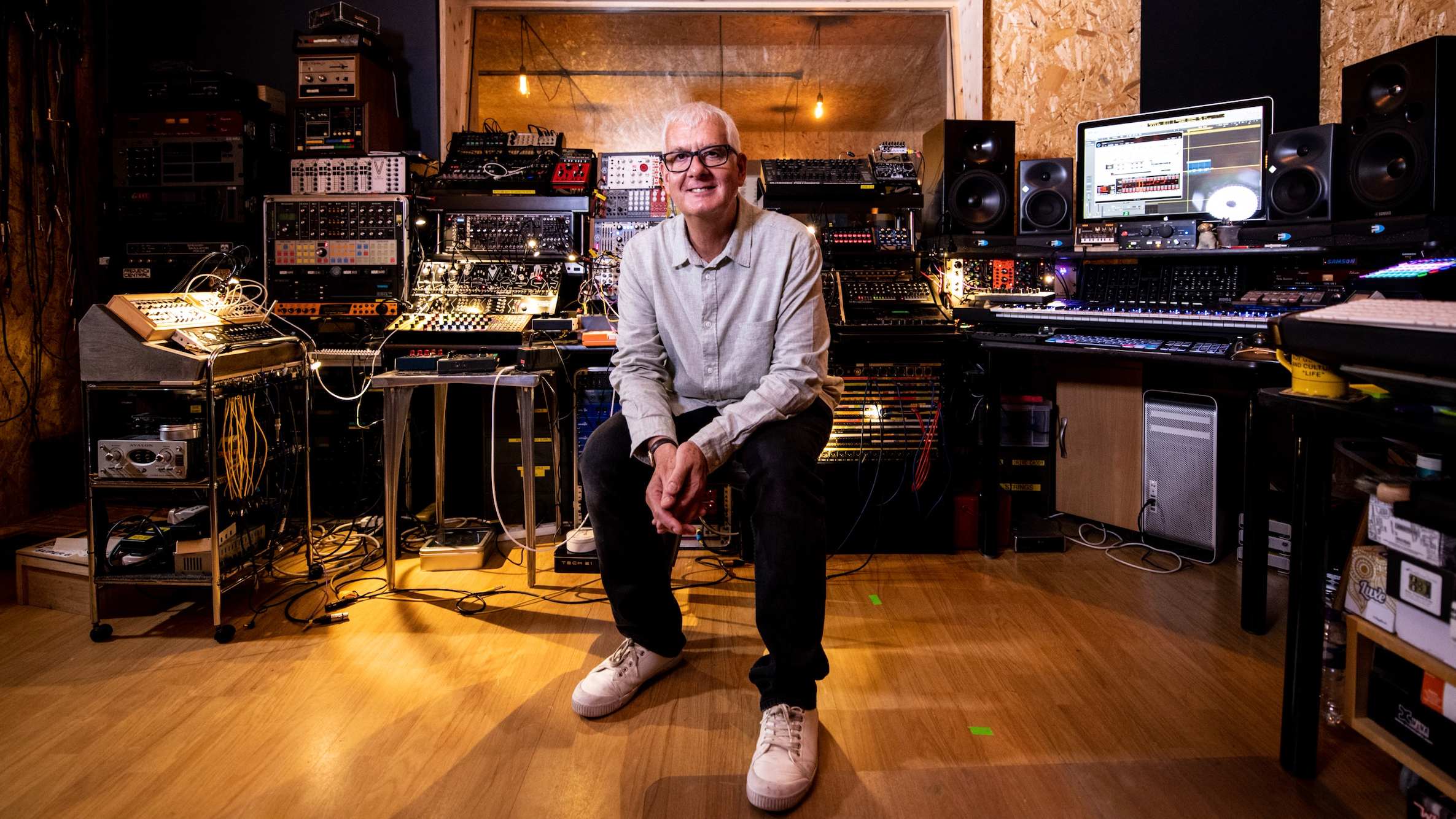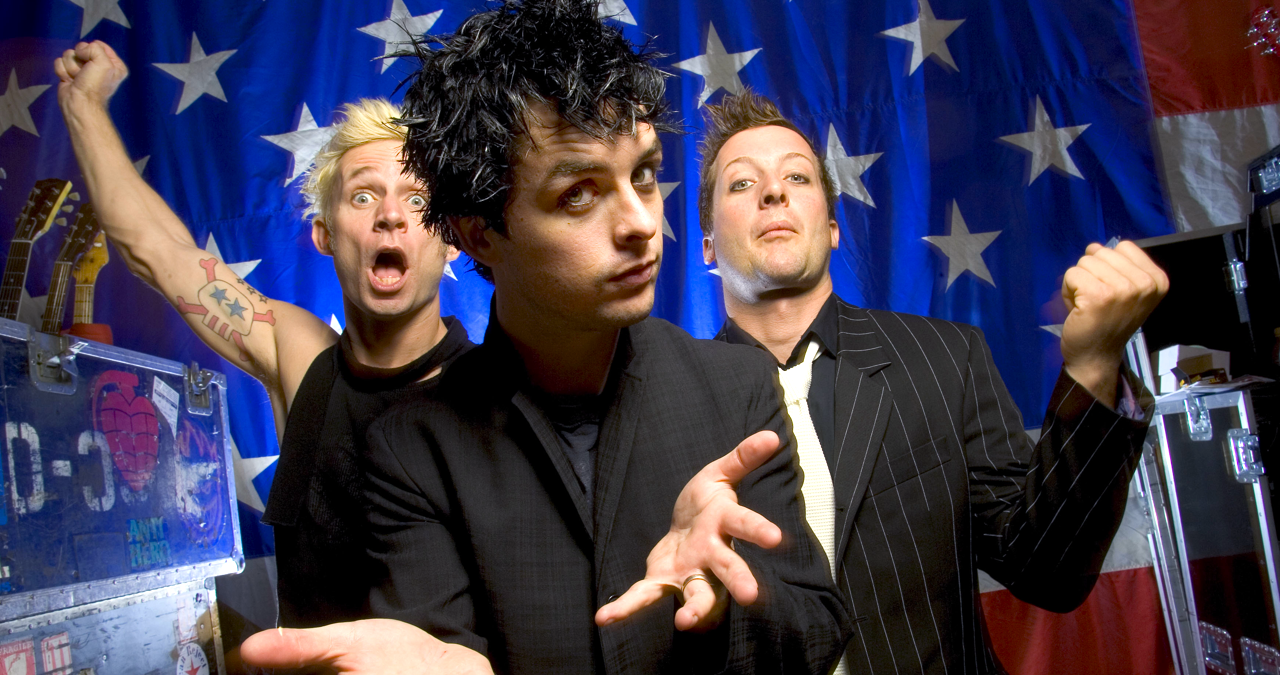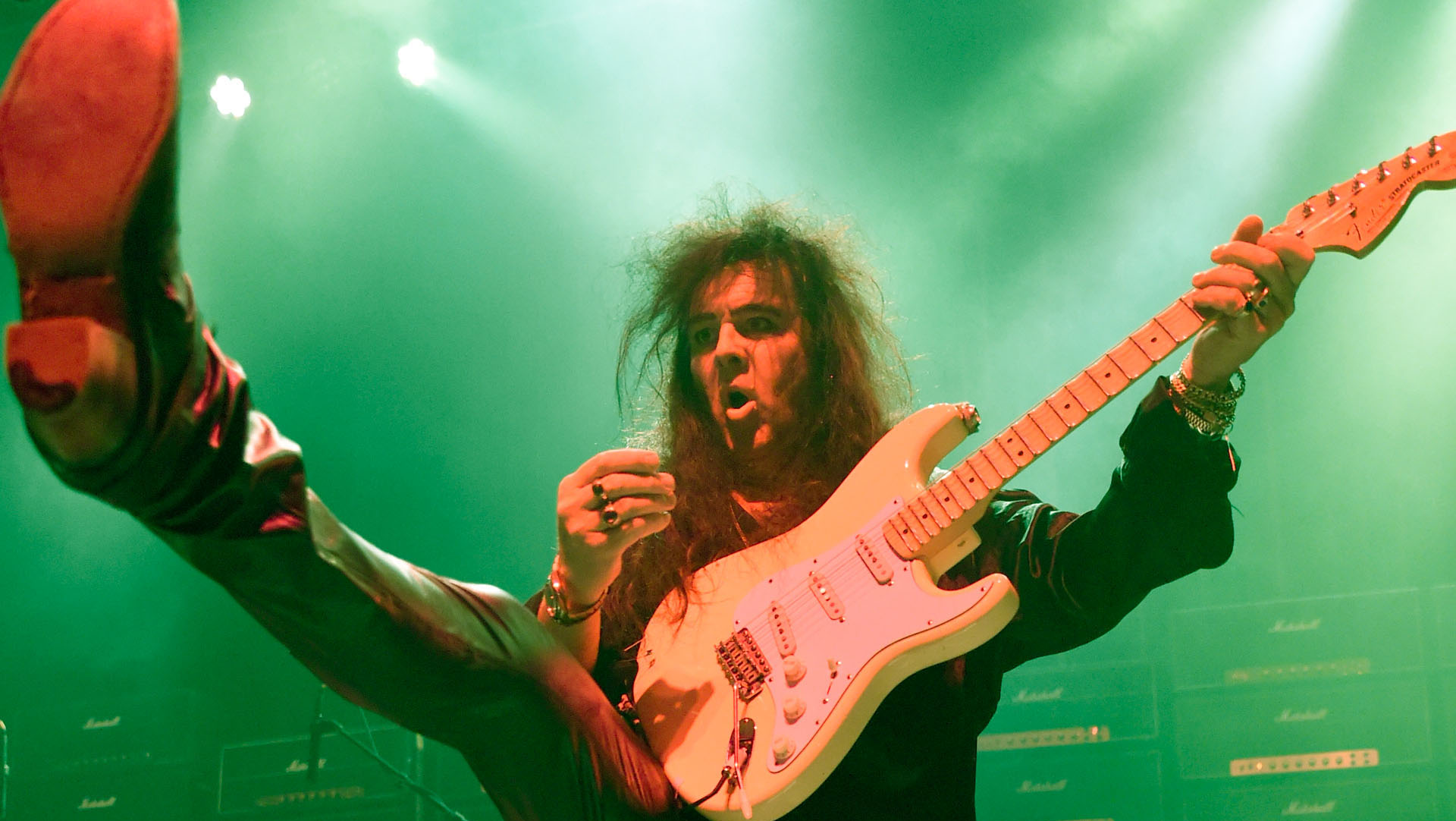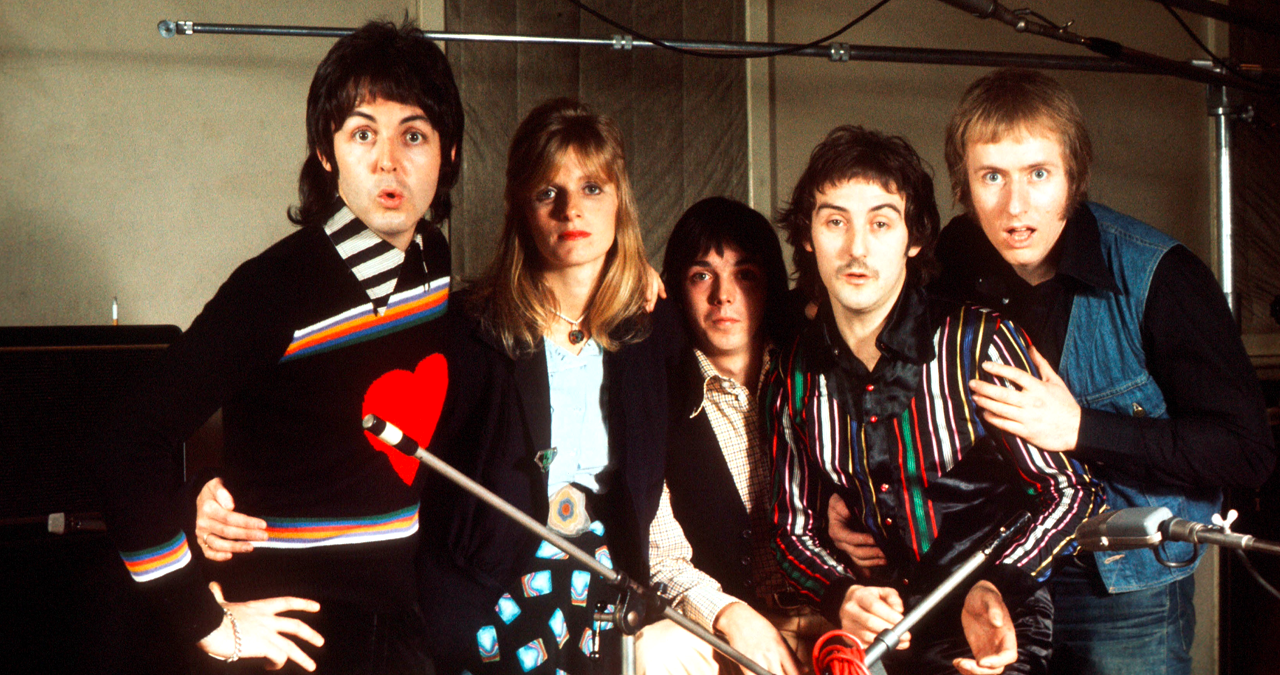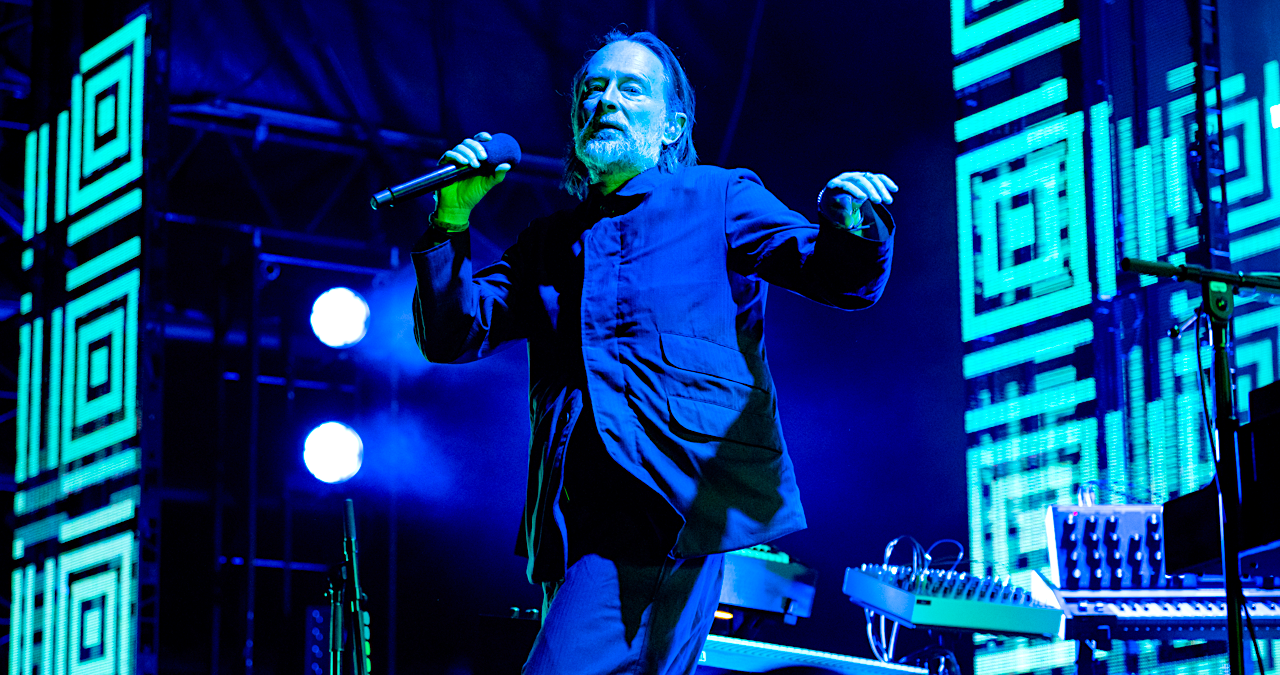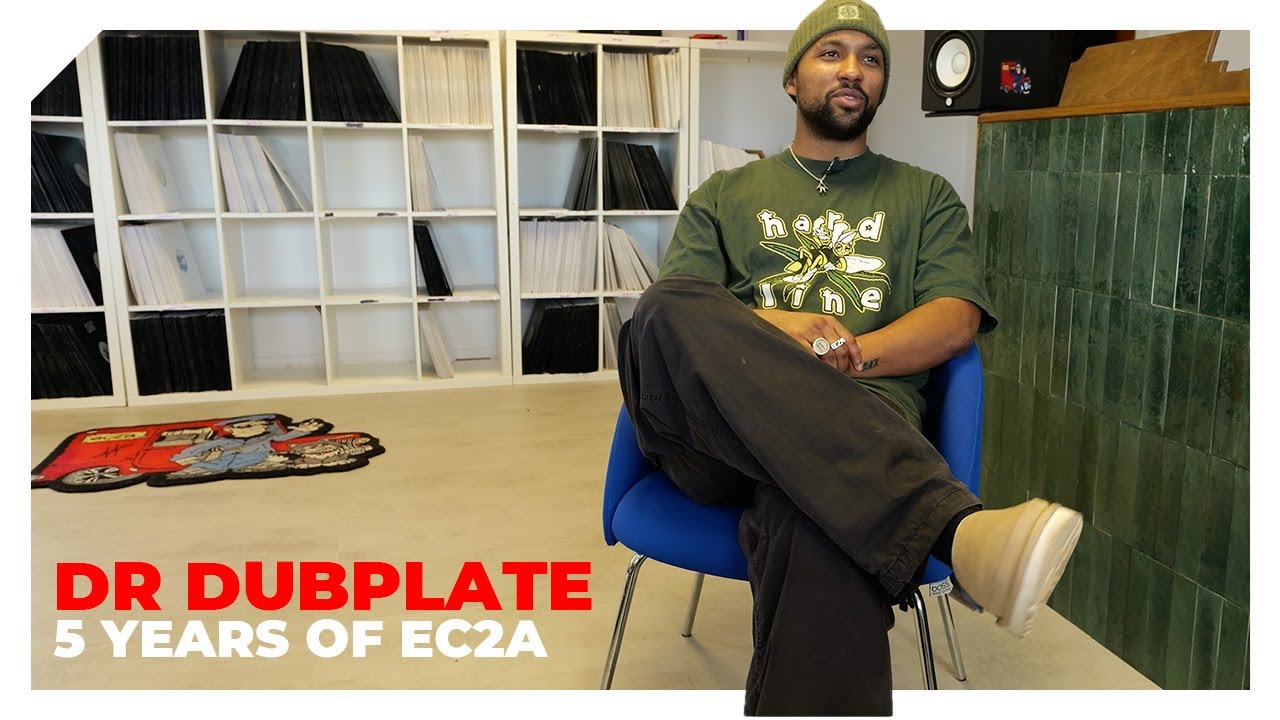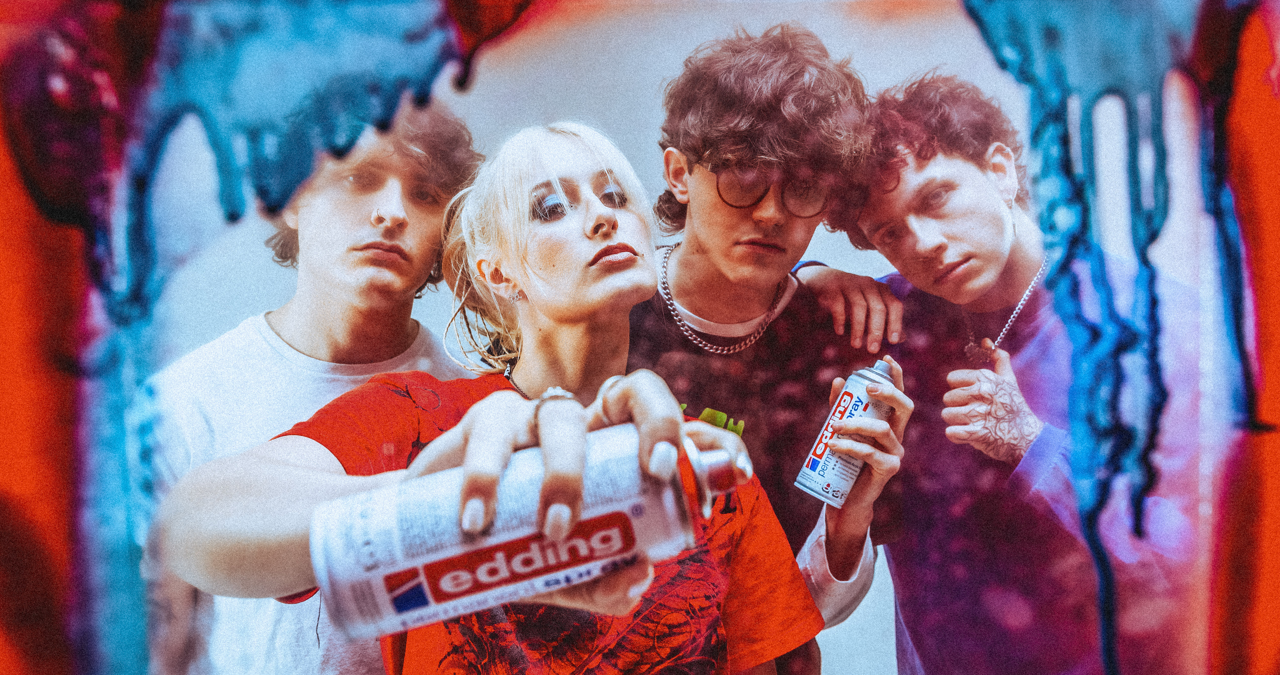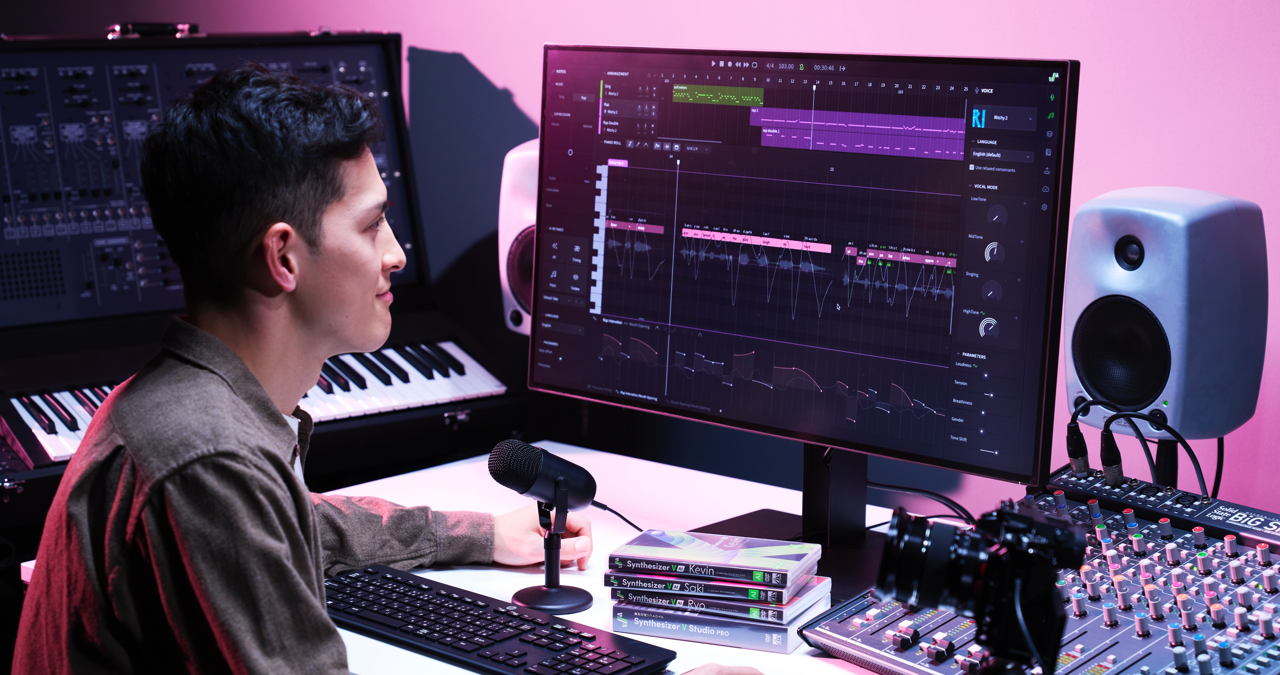Why the return of live music doesn't mean your local music venue is safe just yet
Back to Live: For live music venues, the return of live music brings with it a new set of challenges, both sides of the Atlantic
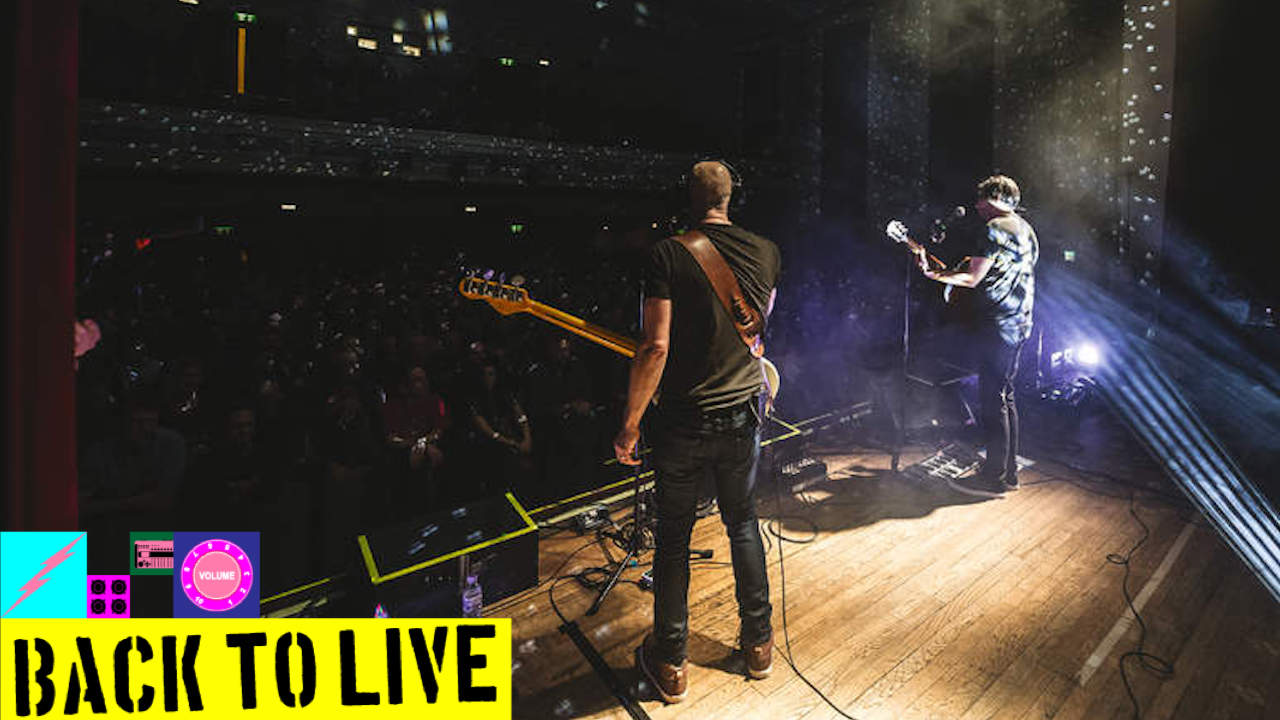
Last week’s news that the final lifting of lockdown would be put back to July 19th left many in the UK live music sector dismayed. Not just because, after 15 long months, many of us are salivating at the prospect of hearing loud amplified music again.
But because, for many small venues, those extra four weeks could be the straw that breaks the camel’s back.
Mark Davyd of the Music Venue Trust believes that without additional support we could see widespread closures: “The government are re-introducing business rates from July 1st and demanding that businesses pay back government loans while they can’t re-open! We are also waiting to hear what they are going to do about additional support.” At the time of writing an ‘imminent’ announcement had yet to be made.
In fairness, the government have extended the ban on evicting commercial tenants to March 2022, but Davyd feels this is merely postponing closures. He estimates that up to 93% of grassroots venues could be at risk next spring unless government financial assistance is extended to July 19th.
This seems crazy, considering we’ve come this far. Despite the greatest economic and public health crisis of our lifetimes, the UK live music scene has (so far) been relatively unscathed. Out of over 800 grassroots venues, just six have had to close permanently. The rest have been kept afloat through a combination of government support and crowdfunding. If you’re reading this you may well have thrown some cash into the hat of your local small venue.
The upshot is that the apocalyptic scenarios conjured up at the start of the pandemic haven’t (yet) come to pass.
93% of grassroots venues could be at risk next spring unless government financial assistance is extended to July 19th
Music Venue Trust
“It was such a stressful time,” remembers Luke Hinton, Head Of Bookings of St Albans’ venue The Horn. “It was everything: fear of losing the venue, not knowing how long it was going to last and how bills were going to be paid.”
Get the MusicRadar Newsletter
Want all the hottest music and gear news, reviews, deals, features and more, direct to your inbox? Sign up here.
Early on, The Horn put their crowdfunder in place, raising over £35,000. This, combined with the government’s Culture Recovery Fund has ensured its survival. It’s also helped that the brewery that own the building have reduced their rent. Not every venue has been so lucky.
According to Danni Brownsill, Head Of Promotions at the Sugarmill in Stoke-on-Trent, before their grant from the Culture Recovery Fund came through her team were “genuinely talking about how we’d wrap the business up. We just wouldn’t have been able to pay the rent.”
Brownsill describes the last 15 months as “awful. We’ve had no work for staff. It’s been upsetting to see a lot of the crew we work with struggle financially. People I know who are really skillful sound engineers – trained professionals – having to get jobs as delivery drivers.”
She warns of a looming skills shortage. “A lot of those people have left the industry now. We need to get them back doing their job but the government’s attitude has been the opposite: ‘re-train because your skills aren’t relevant any more!’ All venues are going to be really busy in Quarters 3 and 4 but the worry now is are we going to have engineers and crew to staff these shows? You can’t just pluck people off the street.”
Of course, many venues have organised ‘live’ artist streams and since May have put on ‘distanced’ gigs with reduced capacities. But these are loss leaders at best, designed to support staff and artists and sustain venues’ profiles.
Ours was an economic argument - every dollar spent at an independent venue generates $12 in economic activity. That’s your parking lot, pizza parlour, hotel etc.
Rev. Moose, NIVA
Over in the States federal help has only just started trickling through, with many small venues getting by on crowdfunding, merch sales and other initiatives. At the end of December Congress passed the Save Our Stages legislation as part of the larger Covid Relief Bill. Then the application process was delayed to late April. Even in the last two months, only 10% of an estimated 14,000 applicants have so far received their grants.
However, the music community has rallied round. Rev. Moose, the executive director of the National Independent Venue Association (NIVA) was instrumental in founding the body in response to Covid last year. NIVA immediately sprang into action, launching its Emergency Relief Fund, which has distributed over $3 million to venues and promoters that needed immediate assistance.
“The US doesn’t have a history of supporting the arts in the same way as other countries,” says Moose. “So from the beginning ours was an economic argument - every dollar spent at an independent venue generates $12 in economic activity. That’s your parking lot, pizza parlour, hotel etc. The response was incredible. Businesses ran fundraisers, there were personal donations and NIVA alongside Youtube Music raised $2 million alone through the online Save Our Stages Fest."
The result is that Moose estimates that ‘just a few hundred’ venues were lost in a nation of over 330 million, most of these during the first few weeks before the Emergency Relief Fund was up and running.
Interestingly, even in an unprecedented crisis, many small venues like DC’s 9.30 Club have adapted and reached out to the wider community. “We won’t be re-opening until September,” says Audrey Fix Schaefer, Communications Director at IMP, the club’s owners. “But it has been used it for other things. It’s ground control for a food pantry for employees. During the Black Lives Matter protests we opened up so people had a safe place to use the restroom and charge their phones. More recently, it’s been used as a vaccine centre.”
Like the UK, the US live sector is muddling through. “A lot of people are making the best of what they have – that may be a local audience with local performers,” says Moose. “But touring is impossible without a national re-opening. You have to have a minimum of three months ramp up time – hiring staff, booking talent, putting tickets on sale, and everything else.”
The good news is that everyone we spoke to felt that punters were chomping at the bit. Ticket sales at MVT’s 800+ venues have been 140% up on 2019 levels.
“In the month after the roadmap was announced we saw the largest sales we’d seen for years,” says Luke Hinton. “It was like the panic buying of toilet roll during the first lockdown.”
“I went to my first show back three days ago and it was like it was my first show ever,” says Moose. “It was like coming home. It may take time for people to get comfortable in the post pandemic world, but I don’t feel there’s a lack of eagerness. I think we all want to get back in front of that stage and yell our asses off.”
For more information on how to support your local venues visit Music Venues Trust (UK) or NIVA (National Independent Venue Association)

Will Simpson is a freelance music expert whose work has appeared in Classic Rock, Classic Pop, Guitarist and Total Guitar magazine. He is the author of 'Freedom Through Football: Inside Britain's Most Intrepid Sports Club' and his second book 'An American Cricket Odyssey' is due out in 2025
